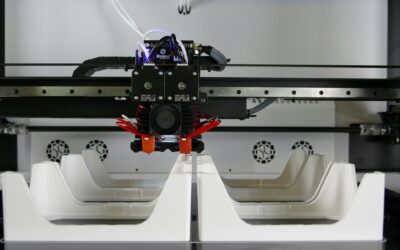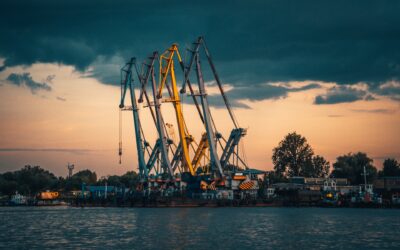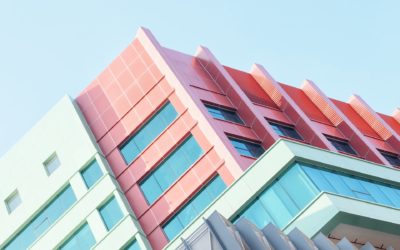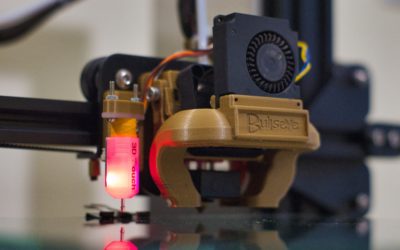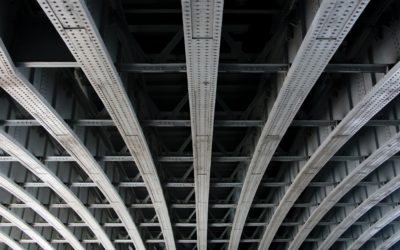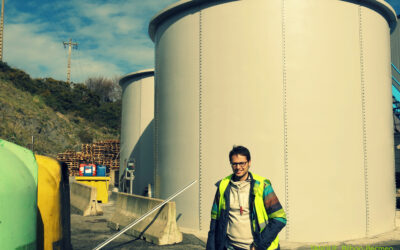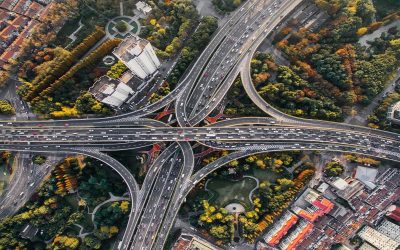cartif projects
LIFE HUELLAS
Environmental Assessment of the Life Cycle of Rail Transport
Description
Transport infrastructures are part of the basic skeleton that enables the development of a society, and represent an important part of the economy. In particular, rail transport is a growing sector considered more sustainable than other transport modes.
Greenhouse gases (GHGs) are the main cause of global warming. Although rail transport emits less GHG during its use phase compared to other means of transport, environmental assessment must be extended to its life cycle to correctly assess its environmental impacts, i.e. to know which stages produce more emissions and study how to reduce them.
Objectives
- Provide a tool that coombines environmental, economic and social analysis.
- Develop new methodologies for the specific requirements on railway sector.
- Reduce the carbon & water footprints of railway infrastructures by 10% and 5% respectively.
Actions
- Evaluation methodology for transforming environmental impact of construction processes in footprints.
- Establish several projects alternatives, showing specific footprint values and indicators.
Expected Results
- A new methodology based on footprint, LCA and intelligent techniques to reduce environmental impacts asociated to construction of railway infrastructures.
- Best Practices Manual, allowing sector companies to plan environmentally friednly railway infrastructures.
- A new software tool specially designed for public works construction companies.
Partners
Project Video
LIFE+ Environment Policy and Governance
LIFE12 ENV/ES/000686

Total Budget: 1,408,055 €
Duración: October 2013 – March 2018
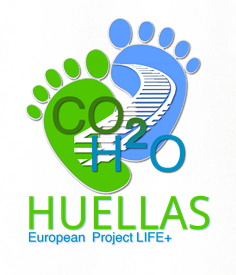
Responsible
Francisco Barrientos
Industrial and Digital Systems Division
Networking
Infraestructures Projects:
DIAMETER
In the DIAMETER project, the physical-experimental results of the 3D metal additive manufacturing processes will be contrasted with computational simulations, with the aim of predicting the behaviour of the parts under different modifications of the process.
CLEANPORTS
CARTIF Projects CLEANPORTSResearch of intelligent and sustainable nay solutions for the automation of logistics and advanced intermodal processes from por to last mile.DescriptionThe main objective of the project is to improve logistics processes for the complete...
INPERSO
INPERSO is a holistic project of deep renovation of buildings that address all its life cycle and combines industrialization and customization. INPERSO will integrate new technological components that joint with pre-manufacturing advantages, preintegration and 3D printing robotic will reduce drastically time and costs of the construction.
SESAMO
Design, configure, programme and adapt a system that facilitates and assists the user in their relationship with the cabinet doors.
Portable 3DPrinter
Portable 3D printer looks for the innovation in construction processes promoting the industrialization and customization of construction that 3D printing technologies provide.
Metabuilding Labs
To reach the COP21 goal of nearly-zero energy, zero emission buildings MBLabs Labs strives to unleash the innovation potential of the SMEs of the Construction sector by lowering the entry barriers to test innovative solutions in a network of testing facilities in RTOs and Living Labs in 13 countries
I-NERGY
The main objective of I-NERGY is to deliver an energy specific open modular frameork for supporting AI-on-demand in the energy sector.
I-NERGY contributes significantly to achieve a techno-economic optimal mangement of the EPES (Electric Power & Energy Services)
SORTI
The objective of the SORTI project is to develop optical systems based tools and new technologies to properly identifying, monitoring and managing of structural risks in buildings.
REZBUILD
The main objective of the REZBUILD project is to create a collaborative rehabilitation ecosystem, integrating innovative technologies, and focusing on the existing housing stock. The aim is to increase the annual rate of building renovation from the current 1% to try to reach 2.5%.
REPARA 2.0
REPARA 2.0 aims to develop new technologies and methodologies that support infrastructure management and allow the rehabilitation and conservation of any type of road at a lower economic and environmental cost.
SALUS
SALUS project appears due to the lack of techniques able to detect geomembrane damages before these cause the rupture, and therefore, the environmental pollution
WTANK
development of a new tank of more than 2000m3 by means of a new production process called ‘flex moulding’ and materialised with fibreglass reinforced polymeric composite panels (FRP) for application in the wastewater treatment sector.
REHABCAR
El proyecto REHABCAR (REHABilitación de CARreteras y autopistas) desarrolló nuevas herramientas para la transformación de las carreteras y autovías existentes en infraestructuras económicamente sostenibles y de alta calidad para prolongar su vida útil y adaptarlas a las nuevas necesidades del tráfico.




